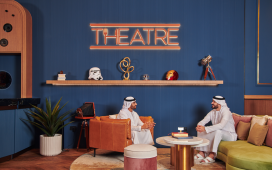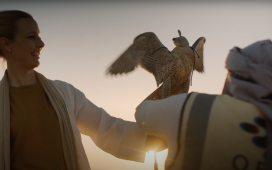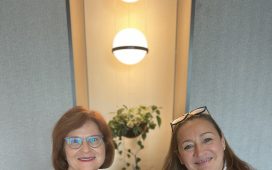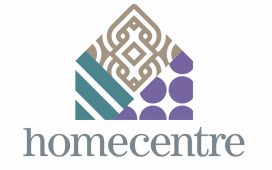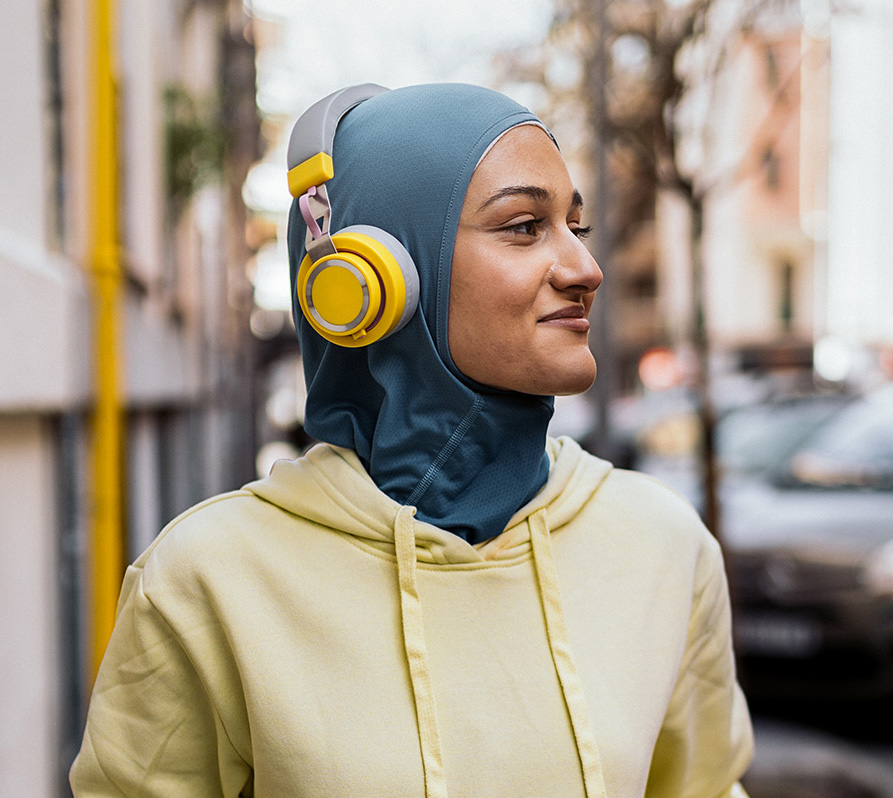
The emergence of women in podcasting has been nothing short of revolutionary, as podcasters have proven that the power of their narratives knows no bounds, with some of the world’s most listened-to podcasts being led by women.
For example, Serial, hosted by Sarah Koenig, which is believed to have racked up over 300 million listens, captivating audiences worldwide.
Podcasting offers a unique platform, free from the constraints often imposed by traditional media.
Women can entertain, be funny, and courageously speak about their experiences, struggles, and triumphs, unapologetically challenging societal norms and stereotypes.
This authenticity not only resonates with listeners but also provides a sense of belonging and shared understanding.
We’ve witnessed women’s global success. In Spain, Cristina Mitre’s podcast, El podcast de Cristina Mitre, boasts hundreds of thousands of annual listeners and earned her the prestigious Best Host award at the Ondas World Podcast Awards.
In Mexico, Se Regalan Dudas, hosted by Ashley Frangie and Lety Sahagún, fearlessly tackles taboo topics, making a significant impact in Spanish-speaking countries.
Meanwhile, in France, podcasts like La Poudre and Les couilles sur la table lead contemporary feminist and anti-racist discussions on gender issues and masculinity.
However, gender equality, as we observe in established markets, doesn’t always translate when we venture into new ones.
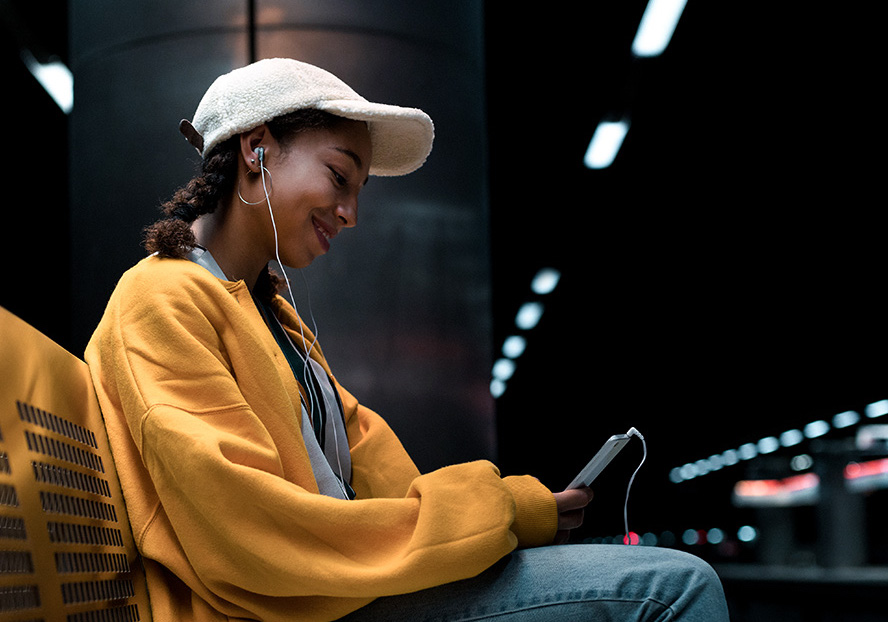
When Acast recently expanded into the Middle East, we carried our preconceived notions about societal norms and an expected representation of women. We questioned whether we would encounter similar patterns as those seen in Europe and Latin America, or if, based on outdated assumptions, women would be scarce.
What we’ve discovered is a formidable community of women who are no different from their counterparts around the world.
They are entertaining and inspiring listeners. Perhaps what distinguishes their experiences are the historical implications, but doesn’t that make podcasting all the more fascinating? It’s a testament to the enduring impact and potential of the spoken word.
Quality of Life, created by Pineapple Audio Production, is hosted by Raha Moharrak, the youngest Arab and the first Saudi woman to climb Mount Everest.
The podcast features a series of discussions with women from the Middle East who are at the pinnacle of their athletic careers.
Juliette Nicholls, Founder and Director at Pineapple, said: “Podcasts represent a new media in Saudi Arabia, enabling access to knowledge, education, and diverse perspectives, particularly those of women.
“The increasing recognition of women’s voices is heartening, and the creation of ‘Quality of Life’ directly mirrors the progressive direction the country is embracing—a movement characterised by encouragement and a focus on physical well-being.”
Other examples include, What I Did Next, a podcast that explores life’s pivotal points, featuring guests from the Middle East or with connections to it.
Representatives from diverse industries and careers share their stories to inspire others. Similarly, When Women Win – an incredibly popular series in the region – provides a platform for female role models worldwide to share their inspirational stories and practical tools for personal and professional success.
While encouragement abounds and steps are being made in the right direction – we were right to consider the past however, as the podcasting market is still young and carries the weight of cultural history, making it a journey that requires careful navigation.
Hebah Fisher, Co-Founder and CEO at Kerning Cultures Network, said: “Our listeners often express that our stories about identity and matters of the heart are the first instances where they’ve heard such words spoken aloud, instilling a sense of empowerment through this representation.”
Challenges are also much the same as in other international territories: attracting more listeners and expanding exposure, both domestically and internationally. Which is representative of the growth in content being created in both Arabic and English.
Nicholls states, “By being mindful to produce content in both Arabic and English, I envision podcasts as a powerful unifier.” Positively though, Fisher reflects “The challenges, like elsewhere, are definitely systemic, but easier in audio-only media where women feel more comfortable taking creative control.”
As we reflect on our initial question regarding the presence of similar podcasting patterns in the Middle East compared to Europe and Latin America, the answer is a resounding ‘yes.’
However, it is important to recognize that there exists an undercurrent of awareness regarding the wider societal context.
Podcasting has proven itself as a medium for women to exert influence, yet it does so within the unique boundaries and dynamics of the Middle East’s historical and social landscape. Women’s voices have not only been heard but have become vital in this evolving podcasting landscape and we’re here for it.


